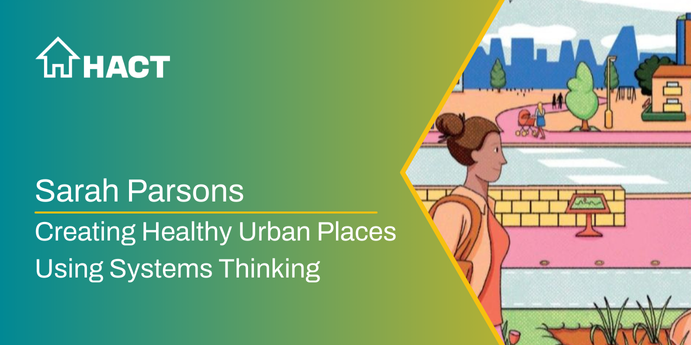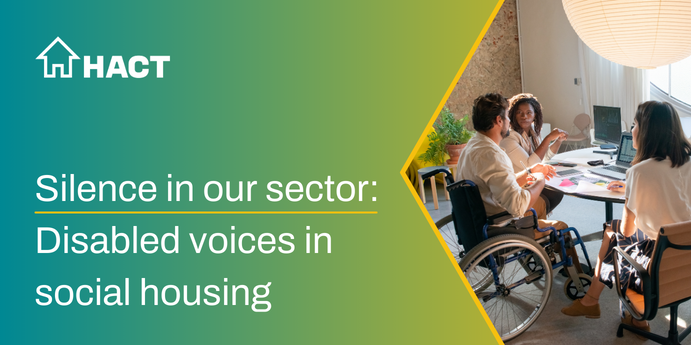If you have a question, query or idea, we’d love to hear from you.
As we negotiate our way through the next phase of the pandemic we are all grappling with what ‘recovery’ means for our organisations and our communities. It would be understandable if we sought a return to the familiar as a source of psychological safety. However, we must not miss the opportunity to make a real difference to the economic and social development of our communities and their mental health and well-being.
As they continue to cope with the impact of Covid-19 on their residents and local communities, housing associations and local NHS organisations are among the few local employers who have remained largely the same size. Furthermore, there are significant vacancy levels in NHS trusts. Prior to Covid-19, there were over 200,000 job vacancies in health and care organisations. Filling these vacancies is important if we are to meet the demand for health and care and for the well-being and resilience of local communities and play their full role as community anchors.
Housing associations also play a crucial role as community anchors. From March to October 2020, they made over two million welfare calls, provided over half a million residents with advice and guidance, and over 350,000 food interventions. They have well established employment support services aimed at both unemployed as well as underemployed residents as well as training academies aimed at developing skills and supporting people into employment.
For housing associations, the workforce needs of the NHS represent an opportunity to provide routes out of unemployment or under-employment for their residents and local people. There is also the opportunity to work together to meet shared workforce needs be that for frontline care and support staff, for enabling services such as ICT, HR and Estates and working together to close the gender and BAME pay and attainment gap.
Stable employment is an important part of maintaining good mental health and well-being as well as helping people recover from mental ill-health. It is estimated that 1 in 5 people will need some form of mental health support in the light of the crisis . So, it makes sense for housing associations and NHS organisations to work together to support economic and social recovery. Here are some thoughts on how they might do this :-
i) Build shared workforce development programmes that develop skills and enhance leadership across systems and ensure that we are making best use of all the talent across our organisations – especially for those from BAME communities;
ii) Work with providers of employment and pre-employment support, promote the breadth of the roles available across health and care and improve access to work for those furthest from the labour market.
iii) Adopt a networked approach to employment support between JobCentre Plus and their partners, employment advisers in IAPT and IPS at ‘place’ with links into the multi-disciplinary teams and social prescribers within Primary Care Networks at a neighbourhood level.
3. Convene industry leaders at system level to develop diverse supply chains that add social value and contribute to the economic and social development of our local area.
Being an anchor institution is not just a project it is a way of being. It’s who we are, it is how we are seen and how we see ourselves. Covid-19 has demonstrated the importance of integration as the only way of addressing the interrelated nature of the challenges it has created and exposed. There is a considerable opportunity to build longer term collaborations between housing associations and NHS trusts and to grow the resources available to our communities and increase the social value we add.
References
1 Molyneux P (2021) Career Opportunities : Understanding the Opportunity to Develop the Health and Care Workforce Together. HACT : London
2 O’Shea N (2020) Covid 19 and the Nation’s Mental Health : October 2020 – Forecasting Needs and Risks in the UK. London : Centre for Mental Health.




